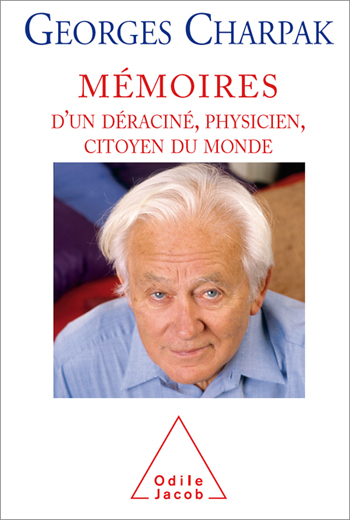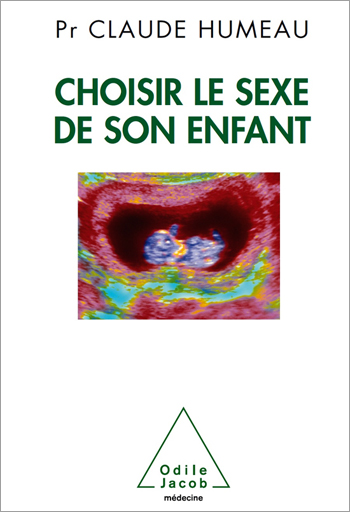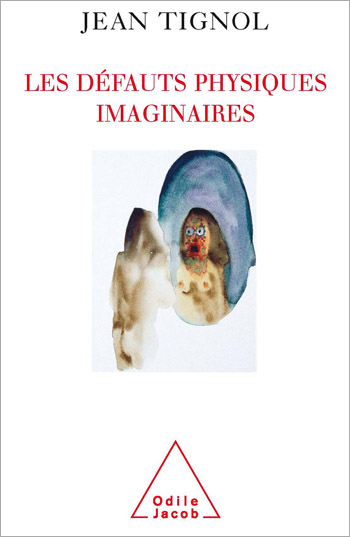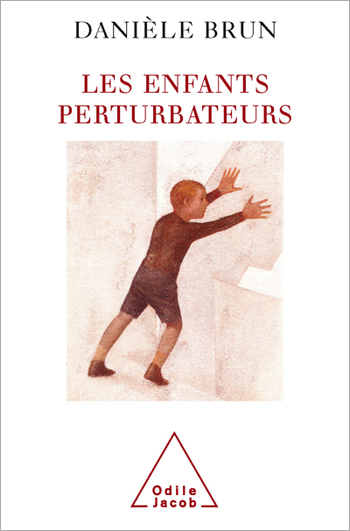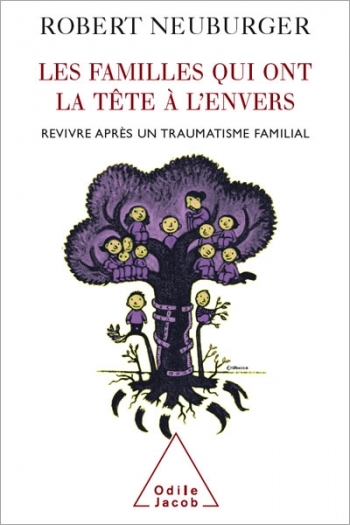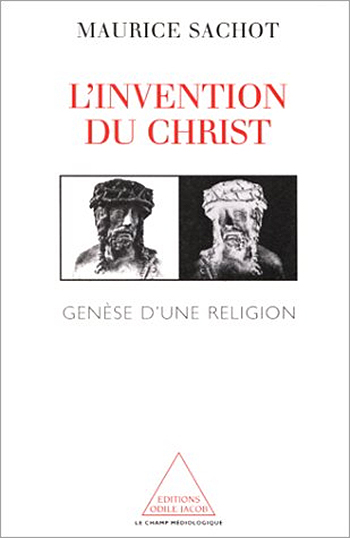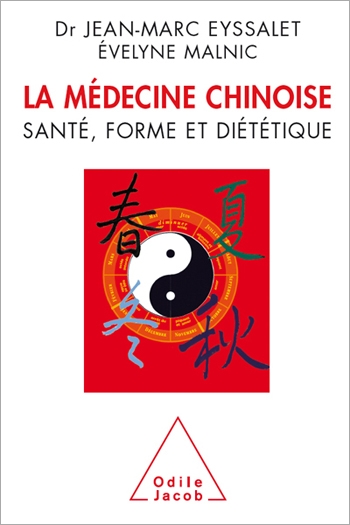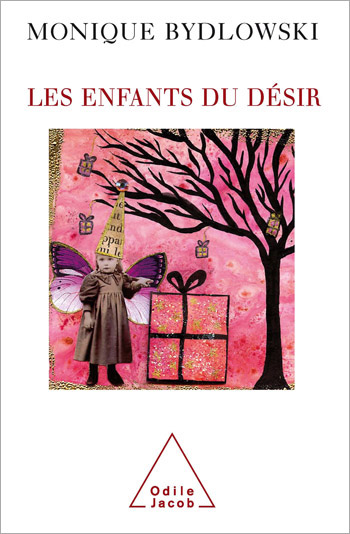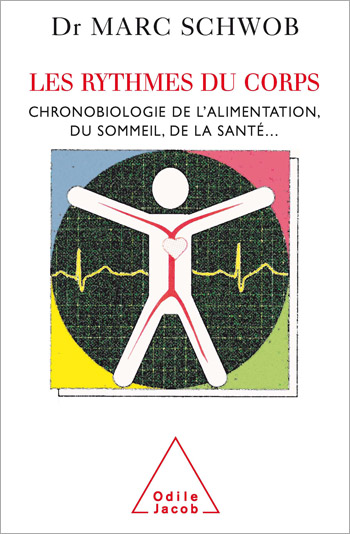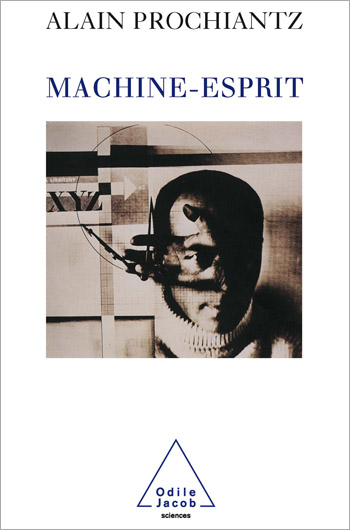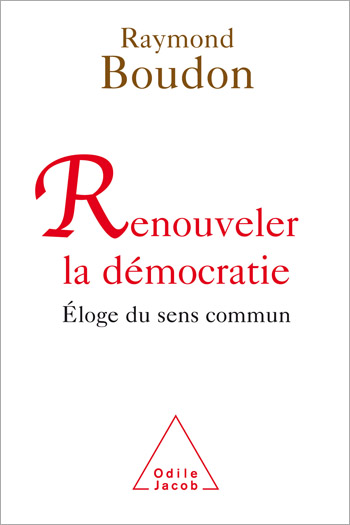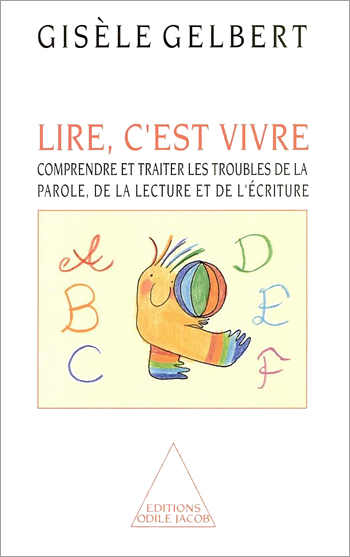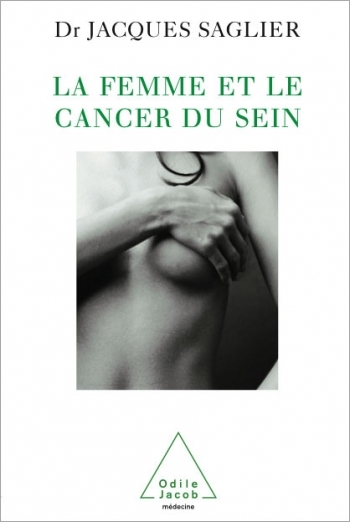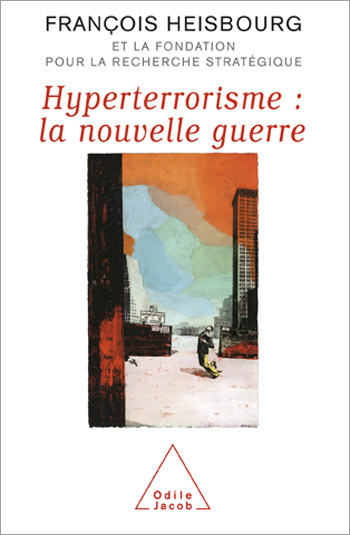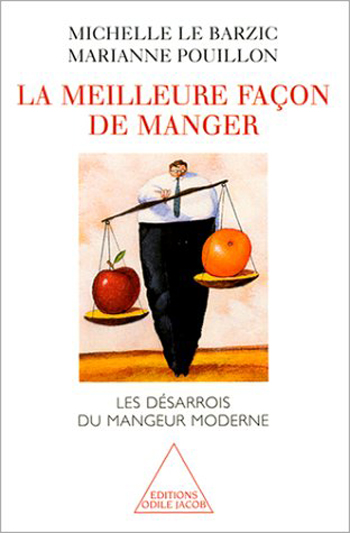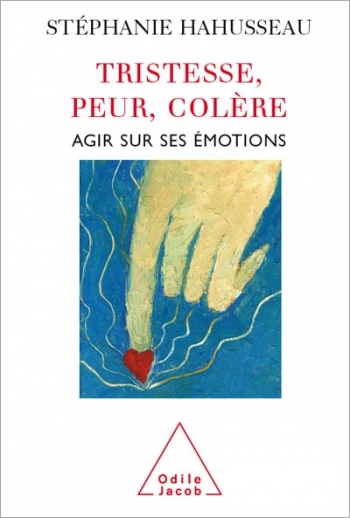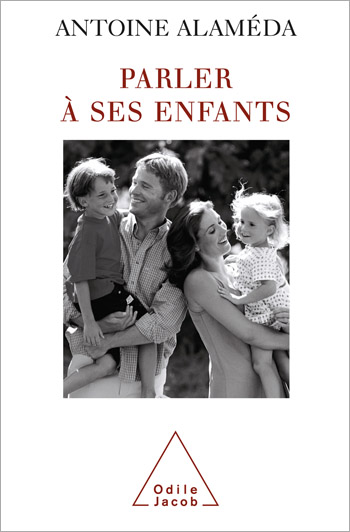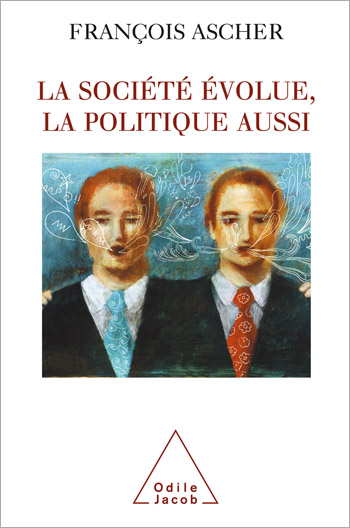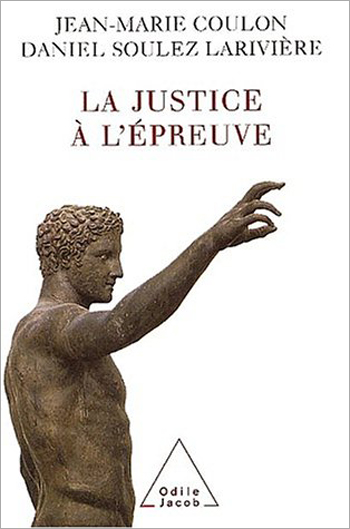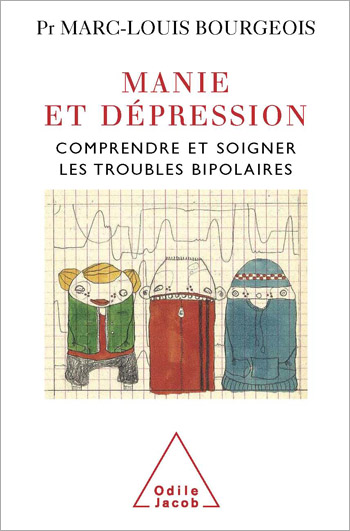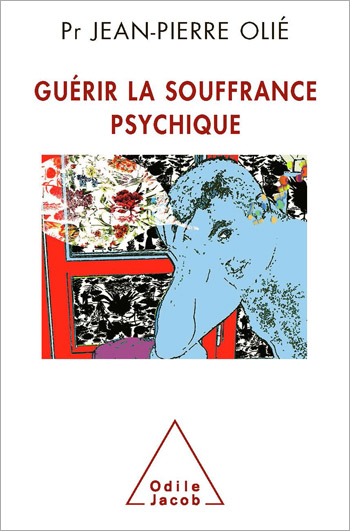Catalog All books
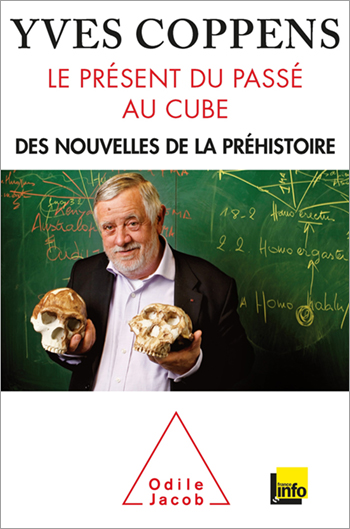
Yves Coppens
The Present of the Past to the Third Power Prehistoric News
Yves Coppens reveals the latest archaeological findings and recreates prehistoric life with amazing precision
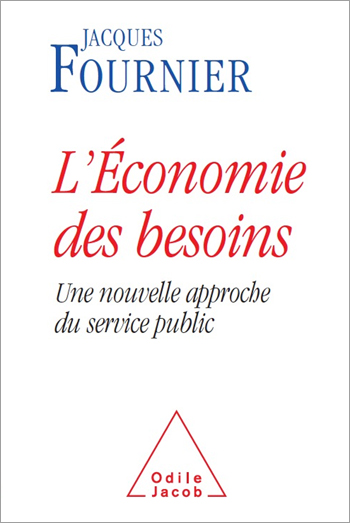
Jacques Fournier
The Economics of Needs
France’s public service scrutinised by a high-ranking civil servant
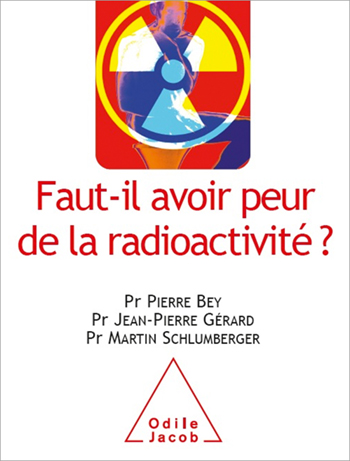
Pierre Bey, Jean-Pierre Gérard, Martin Schlumberger
Should We Fear Radioactivity?
A clear, precise and uncompromising account of radioactivity, its dangers and advantages
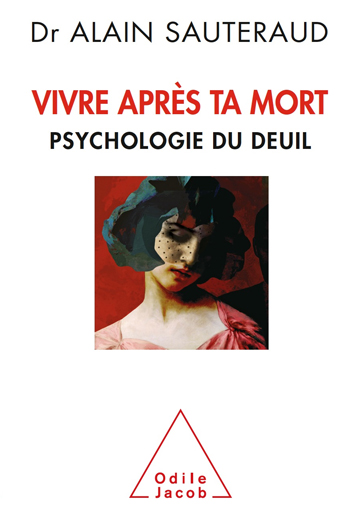
Alain Sauteraud
Living On After Your Death The Psychology of Grieving
Down-to-earth advice to help mourners understand the grieving process and then adapt to their new lives
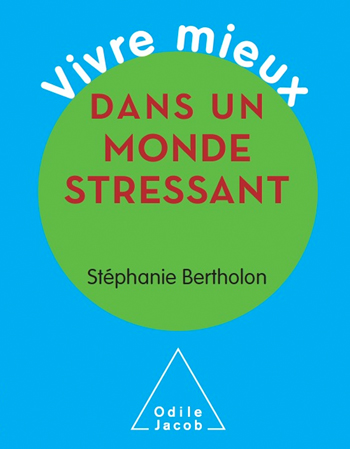
Stéphanie Bertholon
Coping With a Stressful World
How to adopt a sufficiently detached attitude to resist the stress of constant change
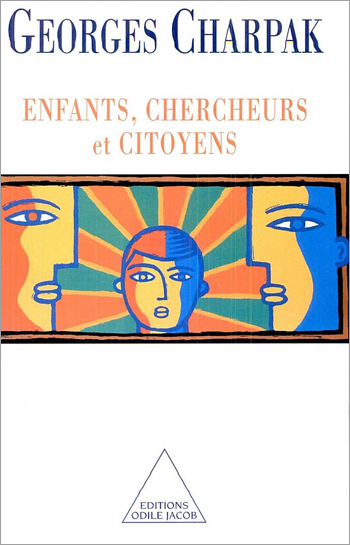
Georges Charpak
Children, Researchers and Citizens
Georges Charpak has taken the initiative for a complete reform of our methods of science teaching. He proposes a teaching method based on creativity and problem-solving, instead of the old theoretical, book-based approach. This book recounts the experiences of two teams of French educators in a research institution created by Leon Lederman in Chicago, and the lessons which we can take from their experiences. Pollens shows that to learn is to discover, and that it is in discovering that one learns. Georges Charpak is a Nobel laureate in physics, and the author of La vie à fil tendu and Feux follets et champignons nucléaires, both published by Editions Odile Jacob.
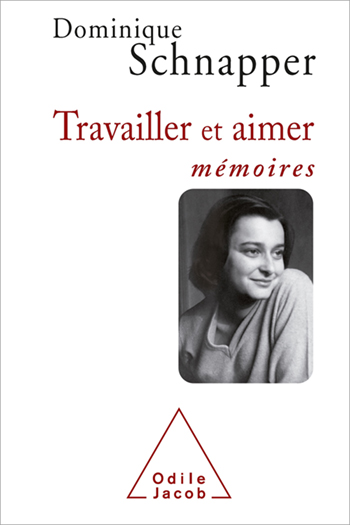
Dominique Schnapper
Work And Love Memoirs
A review of the greatest half-century in French sociology, by a leading intellectual
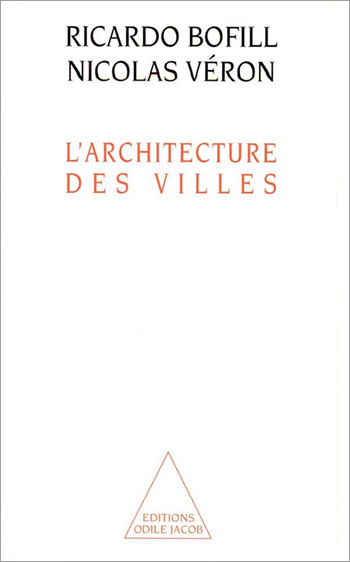
Ricardo Bofill, Nicolas Véron
Urban Architecture
What is there in common between all my designs ? What meaning can I give today to my architecture ? Without doubt, that of a desire to organise space. Due to an apprenticeship in perception, observation, and geometrisation of nature, in addition to a historical journey, I have learnt that in order to go past the initial momentum, I have to acquire the mastery of a whole new language." Ricardo Bofill Ricardo Bofill is probably one of the most famous, yet most controversial architects of his time. In this book illustrated with pictures and plans, he delivers an analysis of his art which amounts to an invitation to read the city.
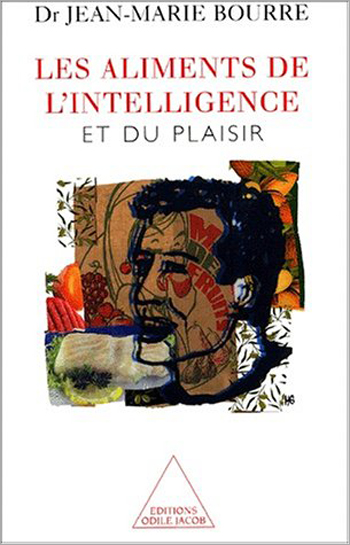
Jean-Marie Bourre
Food for Thought And Pleasure
"Why do we eat? For our intelligence capacity, aswell as the harmonious functioning of the body. Yes, for the brain you must eat eggs, charcuterie, red meat, as oily fish as possible, accompanied by fruit and vegetables, and complemented by wine and beer. Yes, you must derive pleasure from eating. And no, you don't need to become a herbivore, which would only serve to hinder the development and operation of your brain!" Jean-Marie Bourre
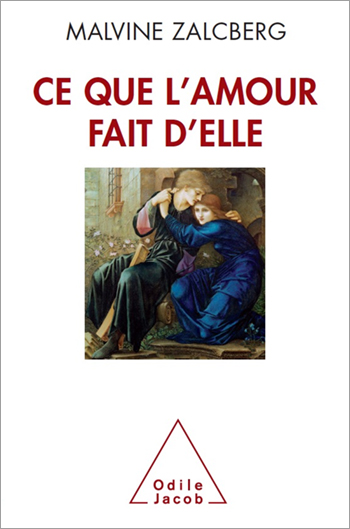
Malvine Zalcberg
Women in Love — What Love Does to Them
Why does love seem to play a more significant role in a woman’s life than in a man’s?
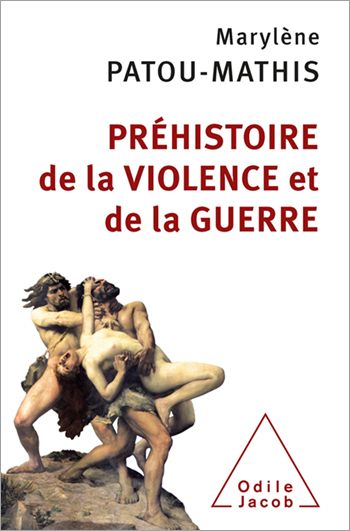
Marylène Patou-Mathis
War in Prehistory
A fascinating journey to the origins of violence among humans

